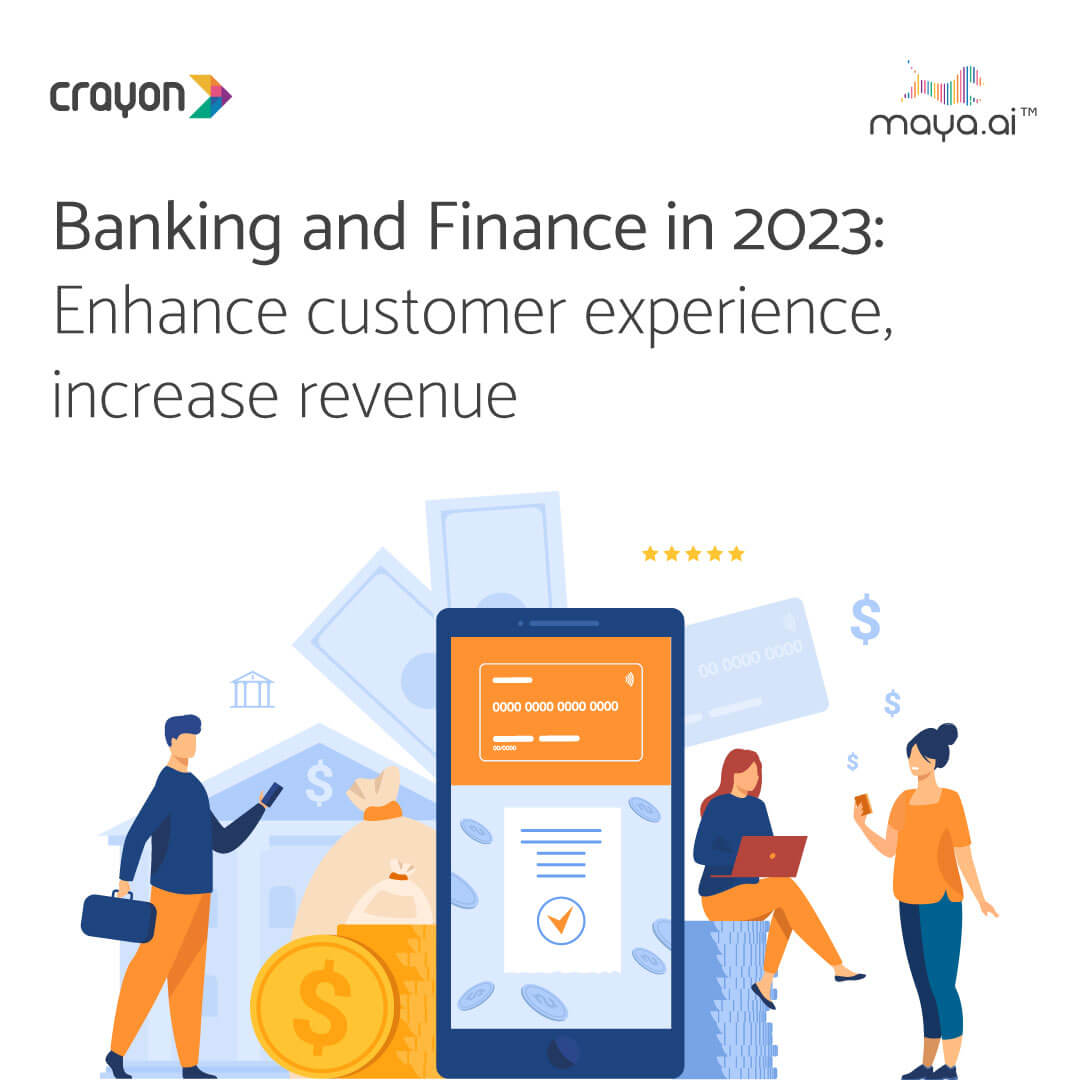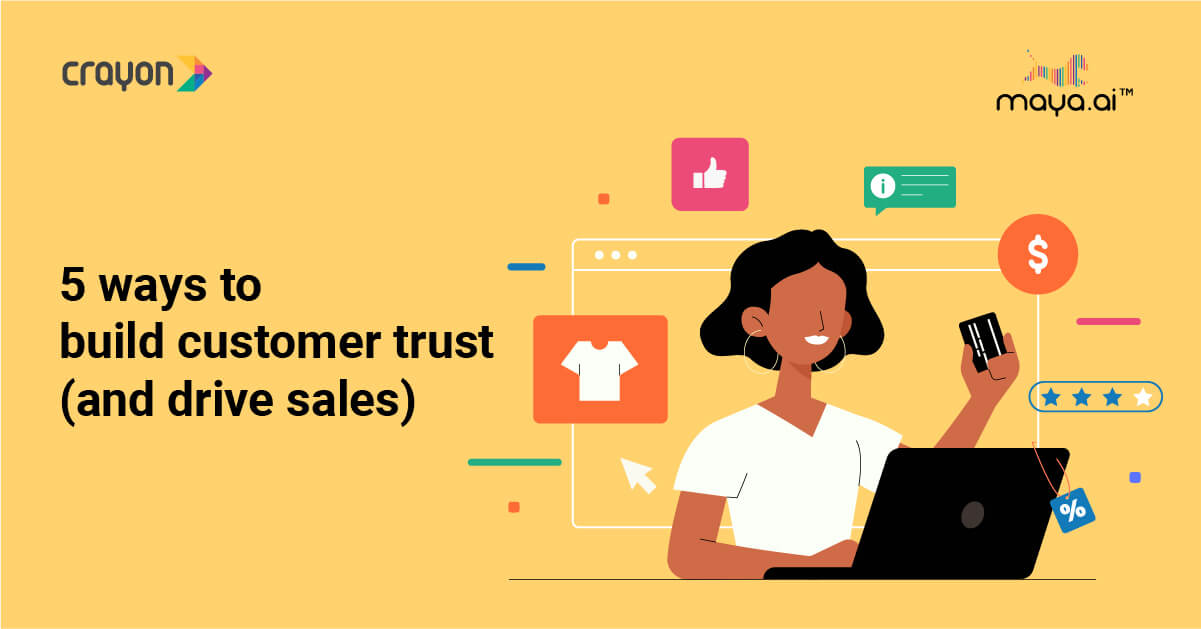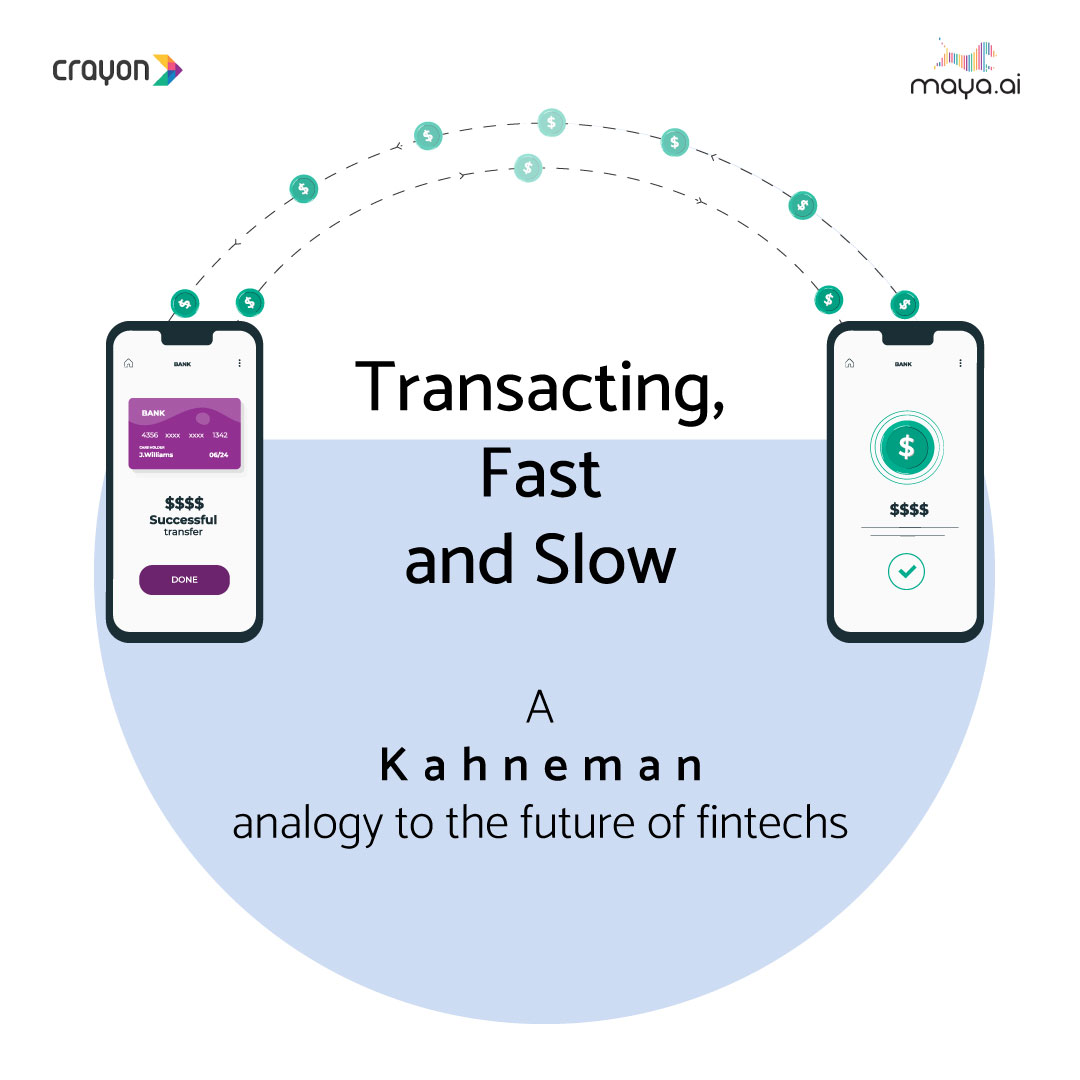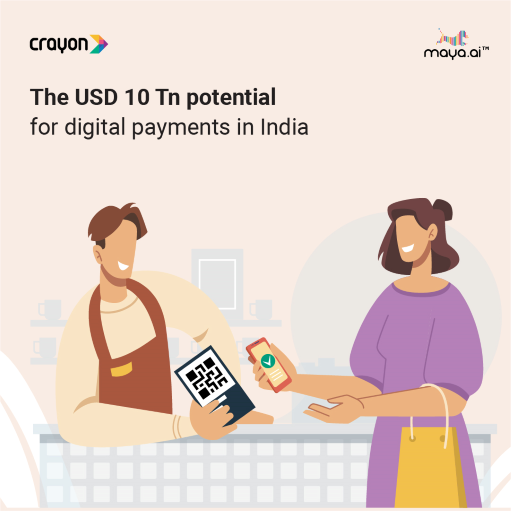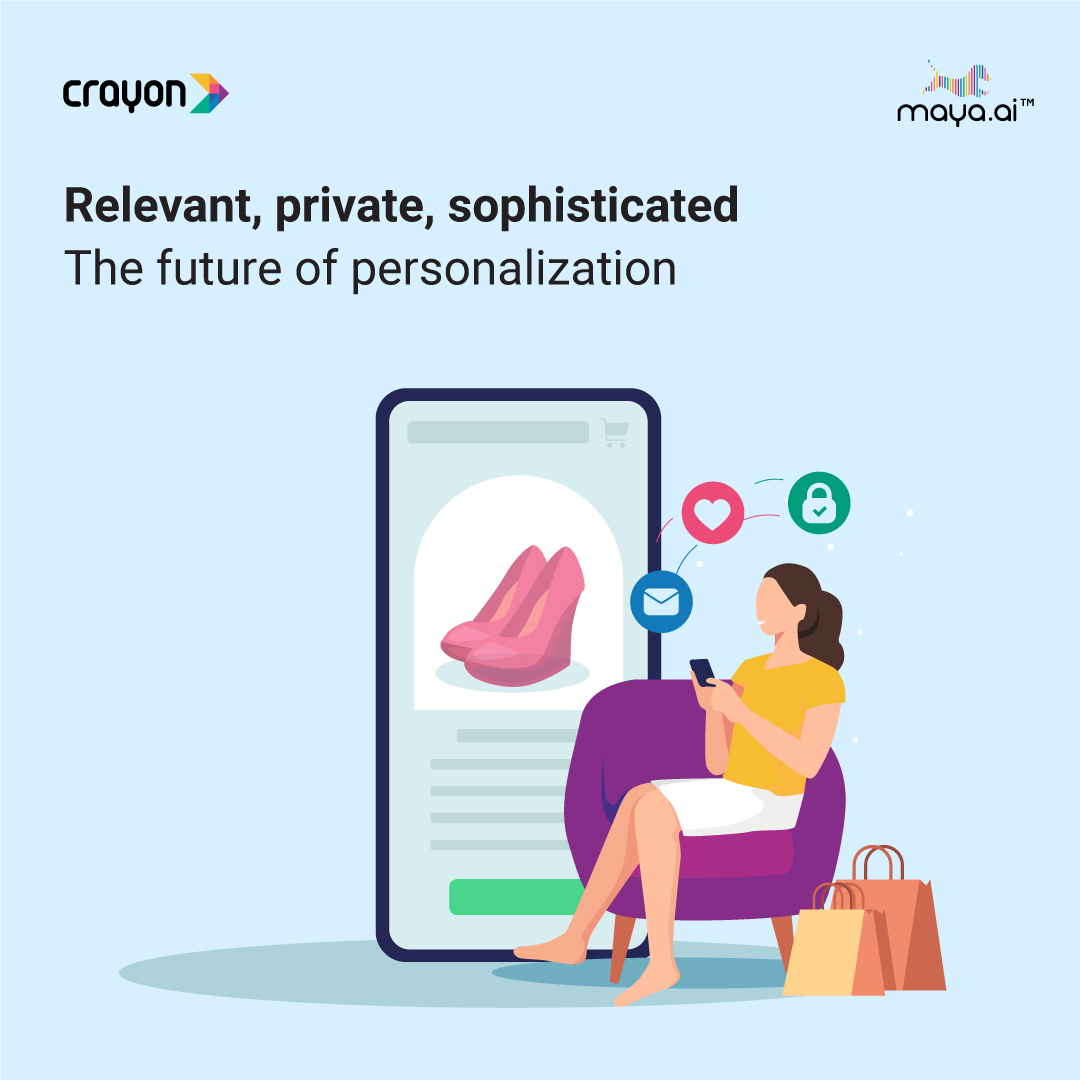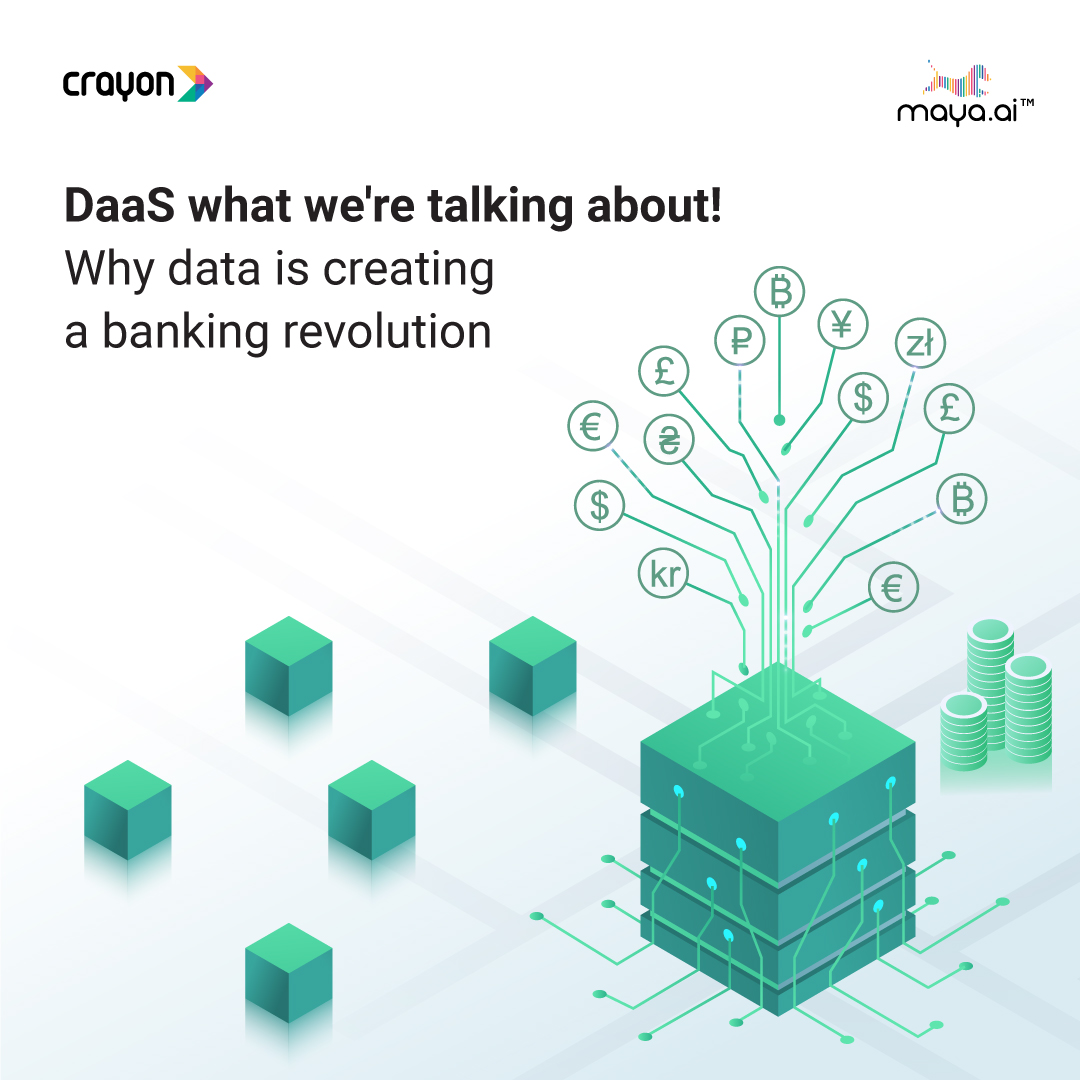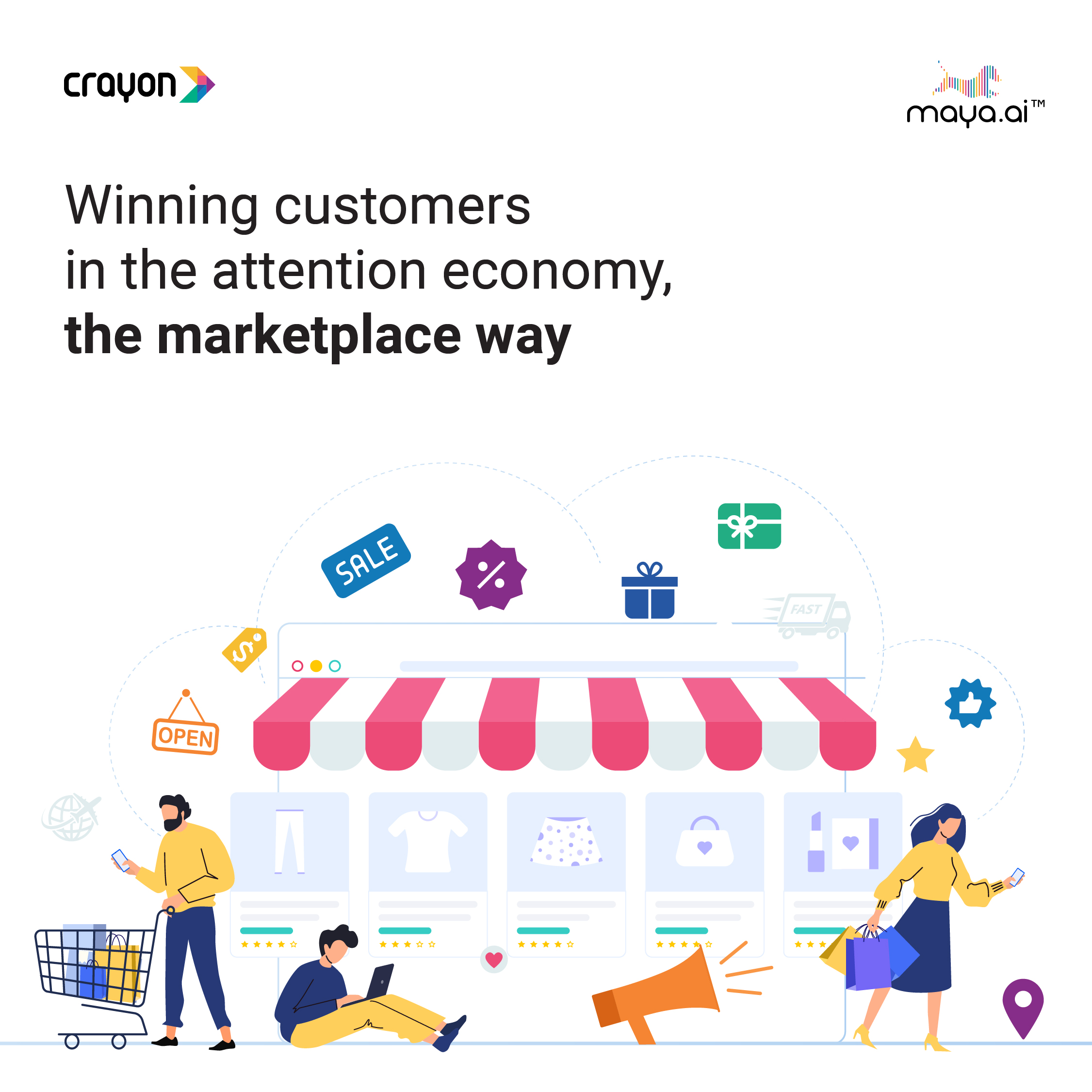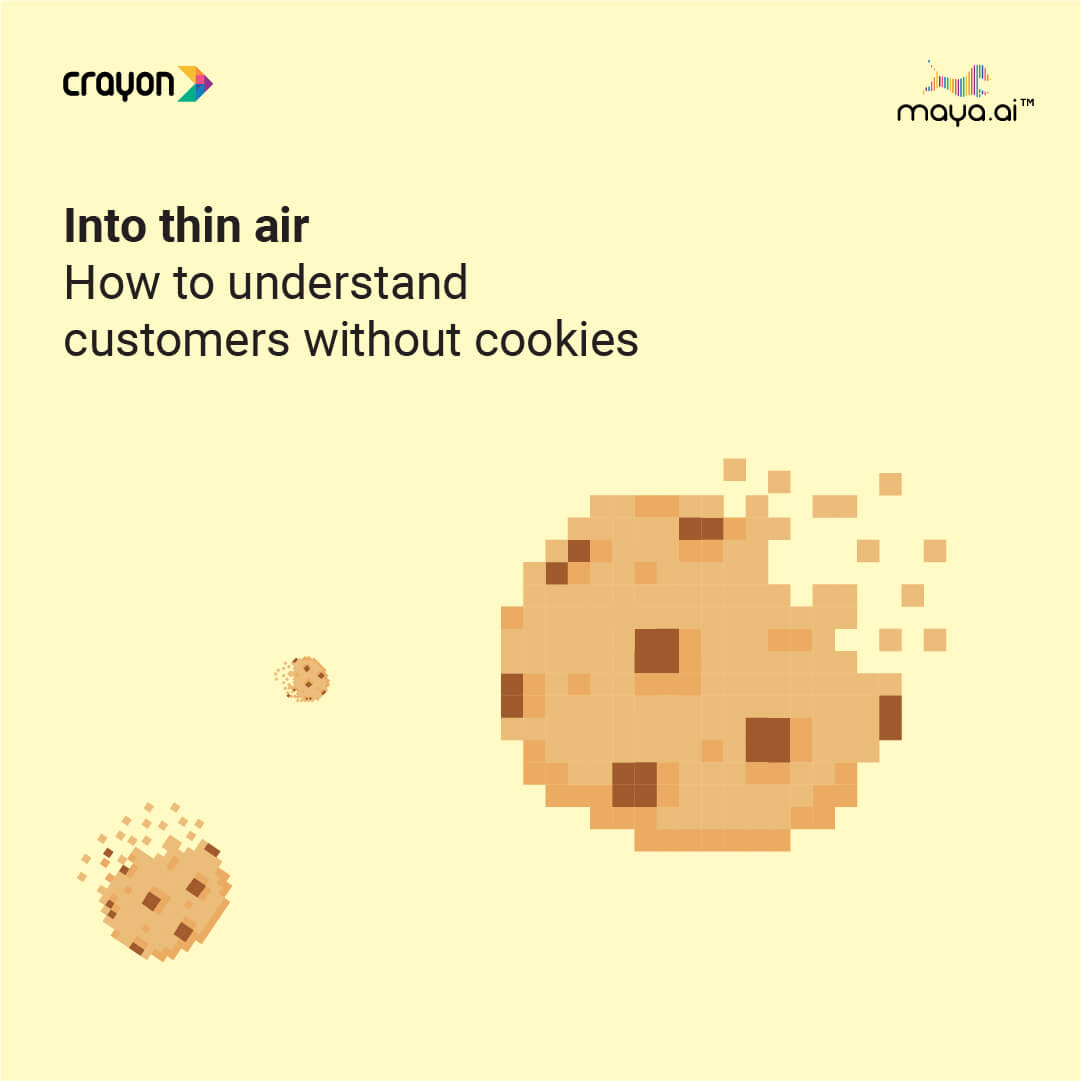Whether we know it or not, like it or not, our lives have been taken over by algorithms. In this podcast, Suresh attempts to demystify the age of the algorithm. Join him on his podcast, Slaves to the Algo as he talks to leading professionals in their fields to understand how they are using or being used, by algorithms in their personal and professional lives. Each episode talks about how businesses can leverage the power of data in their strategy, to stay relevant in this new age of AI. Listen and subscribe to the podcast on YouTube, Apple Podcasts, Spotify, and Google Podcasts.
Harvard Business Review calls the 20s the start of the “age of relevance” driven by a new 5Ps. Advances in analytics, big data, and AI make it possible for digital disrupters to deliver relevance. Suresh uses his decades-long experience to explain three key ways that digital disruptors like Spotify use data to create unique customer experiences for every single one of their customers. And why traditional enterprises like banks fail to do the same.
How do you create great AI that can make use of data that hasn’t been even created? How will you prepare for a world where 90% of the data you will have in 2022 doesn’t exist today? John Kim of Expedia discusses these matters and why tech giants with the ability to fully personalize end-to-end experiences don’t do it.
John Kim is the President of Platform & Marketplaces at Expedia Group. Essentially, he controls the brain behind Expedia. In this episode, Suresh and John talk about creating AI for everyday use cases with the enormous amounts of data we are generating today.
As more marketers advocate how to write copy for a search engine, John offers a refreshing perspective. Brands will become even more important in the world of algorithms. Differentiation now comes from the right-brained side of marketing. He also deep dives into how organizations are hiring more from entrepreneurship schools, than data and computer science.
Ian Myles of area 51 talks about human cognitive biases, how they affect the way we program algorithms and their unintended consequences. He uses his experience in industrial design, technology, fintech and education to discuss the future of explainable AI (ex-AI) – where mandates are being put in place to ensure that companies are accountable for their use of AI. Ian and Suresh discuss about new AI use cases of in education, healthcare and medicine and hiring practices (human resources).
Ian Myles of area 51 continues to talk about human cognitive biases, how they affect the way we program algorithms and their unintended consequences.
What CMOs must learn from the youngest data geek in the room – Ravi Santhanam, HDFC Bank
Recognized in the Forbes list of ‘The World’s Most Influential CMOs’, Ravi Santhanam joins us in this episode to talk about the evolution of AI in the banking sector. Ravi uses his 20+ years of experience to explain how marketing can become more data driven. The brand message is now decentralized – consumers have enormous power to influence the brand. Just two decades ago, marketers used to control the entire brand message and experience. Today, they are custodians of the brand experience. Ravi suggests how modern marketers can leverage AI to make the customer experience richer without sacrificing the human touch.
TS Anil, the CEO of Monzo, talks to us about how Monzo designs their customer experience. A digital bank by design, they always start with their desired end state in mind. With a single-minded focus on making money work for everyone (their customers), they optimize their processes and product around their mission.
As a veteran banker, he uses his experience to share how legacy systems and thinking can hinder a company’s efforts at advancing their use of data and AI. He also discusses his experiences working with a new generation of talent – what he describes as “working with learners, not the learned”. He also shares what worries him about the future of AI with where he thinks its headed. What happens when AI and these algorithms land in the hands of a bad actor? TS calls for sensible regulation in the space of ‘choice’ algorithms, and the regulation of new digital banks and fintechs in general.
We’ve all heard of the age-old adage of the right vs the left brain. In this episode, Tim Kobe, designer and founder of Eight Inc, talks about a new hybrid model that is revolutionary. That there is no real dichotomy between the two halves, and we should use our entire brain in thinking and shaping customer experiences.
Similarly, Tim talks about how data and design should not be seen as separate disciplines. He shares a 3-layer model of how to approach human-centered design and value creation: and the core of it is to ensure there is a human outcome. Data privacy and security have become some of the biggest considerations in any business strategy. Tim Kobe and Suresh discuss how data is now an emotional asset. Does a brand have my best interests at heart? Do they care about my data security and privacy? Will they sell me out to advertisers? These are all questions consumers have when choosing to support any brand today. He also talks about how the most successful brands are the ones that can communicate their value, and much of it lies in its integrity and ability to build trust with their customers. Tim likens AI to the ‘next electricity’ – where much of the things that will have the biggest impact our lives haven’t been invented yet.
Data culture is as important as organization culture. But the question remains… how does an organization create it? Who leads it? And why is it important? Janardhan Cadambi (Jana) from Mastercard explains why data standards and principles are just as important, if not more so, than organization culture today. Jana and Suresh also deep dive into concepts in data philanthropy, and how data can, and should be leveraged for the greater good. Personal data is now an emotional asset. Consumers demand and expect transparency in the way companies handle their data. Jana talks about how companies can build a competitive advantage around data privacy and security by being ethical about it. One question remains for consumers. As a consumer, how much do YOU know about how companies like Google and Facebook use YOUR data? And how much should you really care?
Facebook claims to have 2.7 billion monthly active users. But how many of them are actually ‘synthetic’ (aka fake) profiles? In this episode, we are joined by Jeff Jonas, wizard of big data and founder and CEO of Senzing. Jeff has spent his life dedicated to one thing – entity resolution. The art and science of disambiguating entities. He talks about the intricacies of entity resolution and how it detects people running around with multiple identities. He deep dives into privacy issues surrounding his line of work. And a topic that is extremely relevant in today’s climate: how he’s helped in resolving voter registration duplicates in past US elections. He also talks about the concept of ‘data finds data’ and the way it shapes the algorithms used in Senzing’s AI.
From banking leaders to revolutionaries in the AI space, Suresh covered a lot of ground with his guests in these 10 episodes. Here’s a countdown of our top 10 moments from season 1 of Slaves to the Algo. We recap the age of relevance, and how digital irrelevance is now a trillion-dollar problem. We talk about how data is changing the game everywhere! In board rooms, prototype design, and how we test hypotheses. The rate at which new data is created today simply means that the most impactful algorithms have yet to be conceived. We explore how humans need to guard against our own cognitive biases when writing algorithms, and how to nurture entrepreneurial mindsets for the world to come.
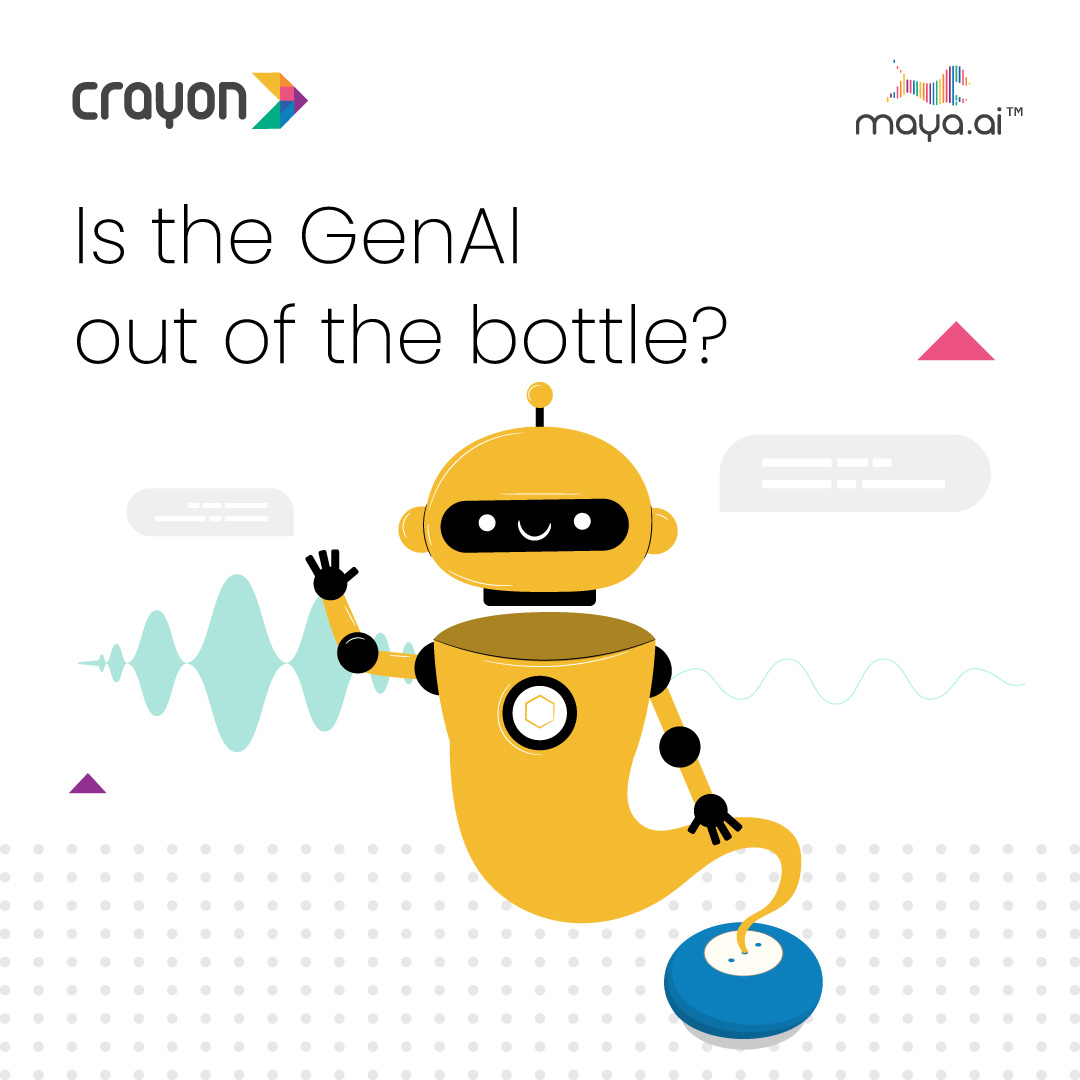
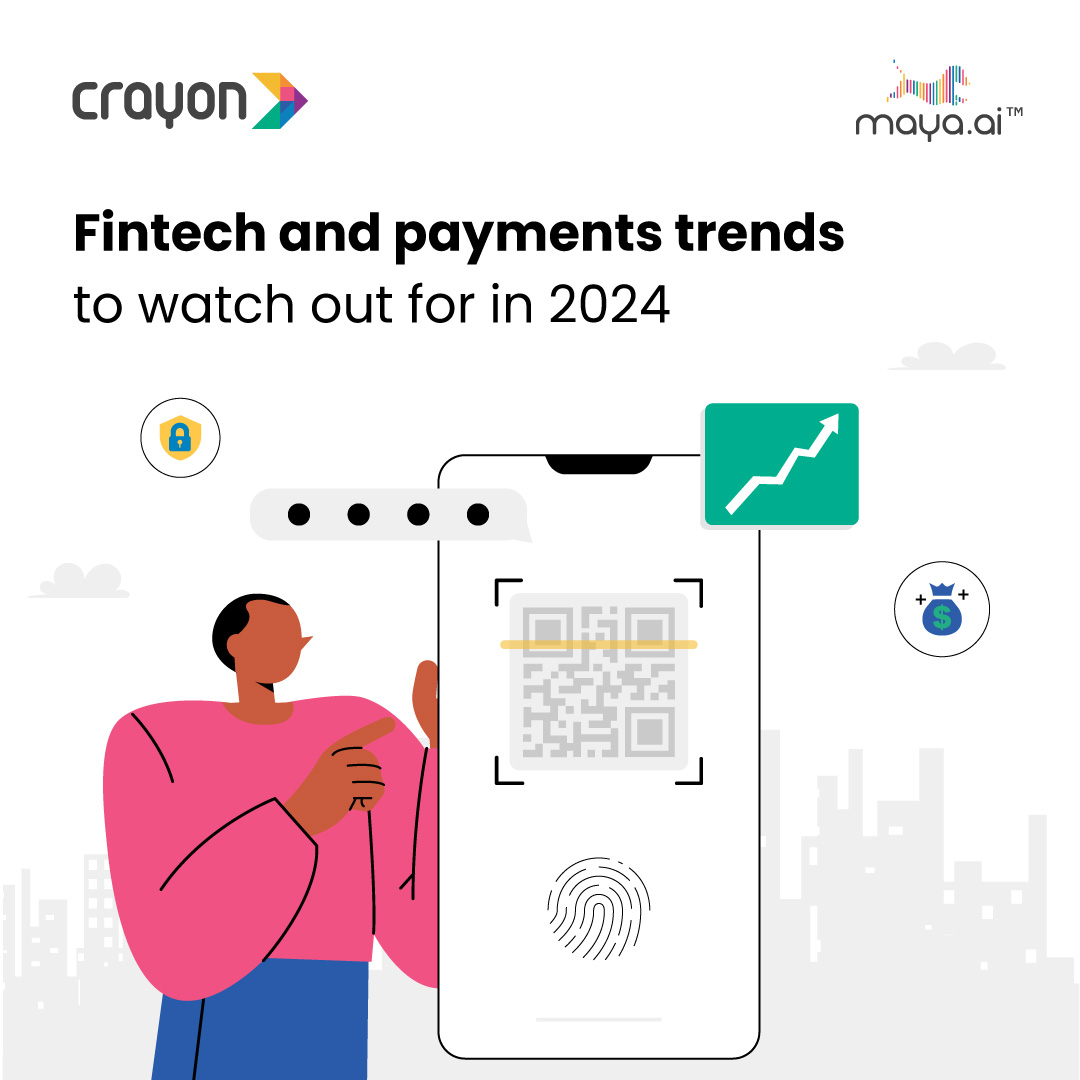
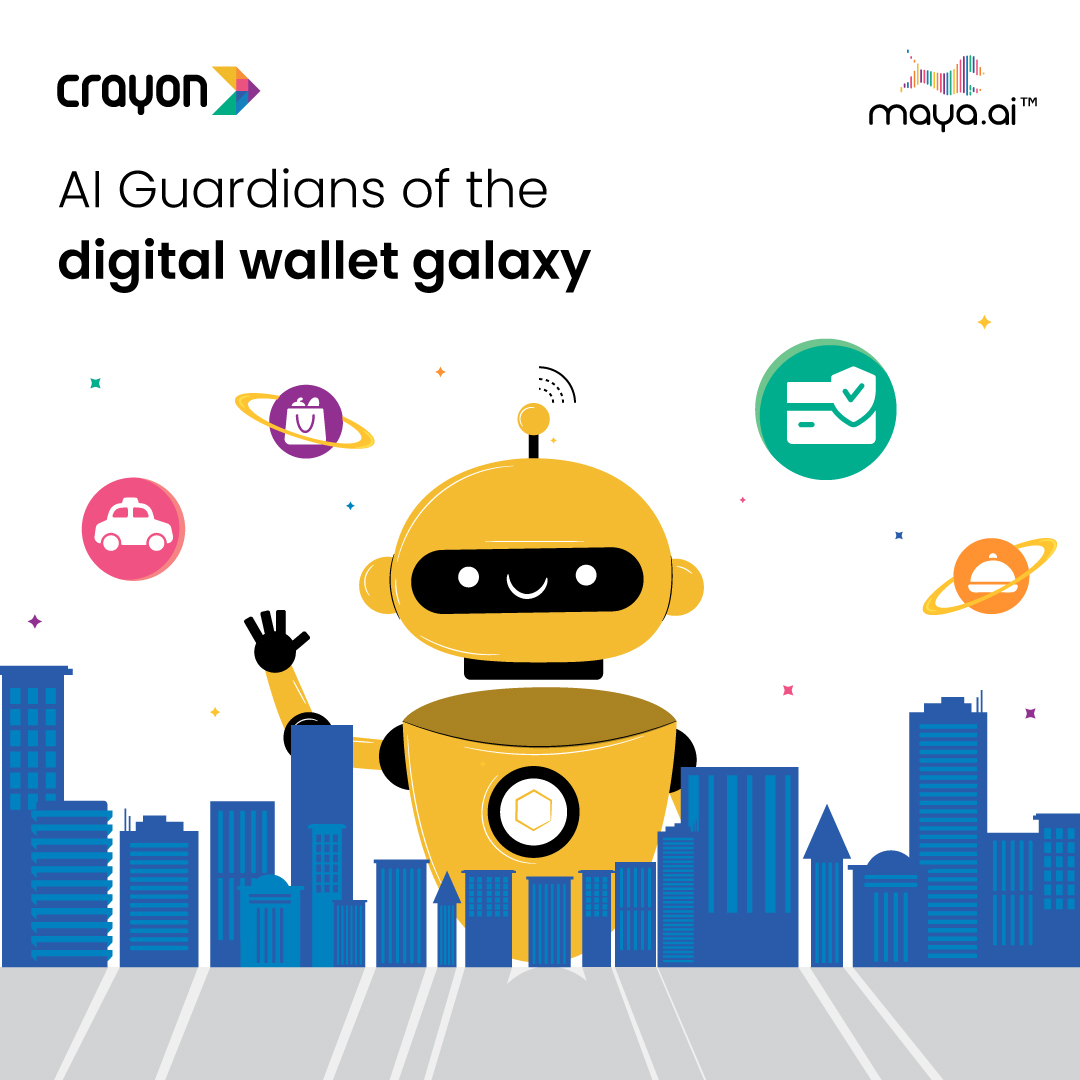
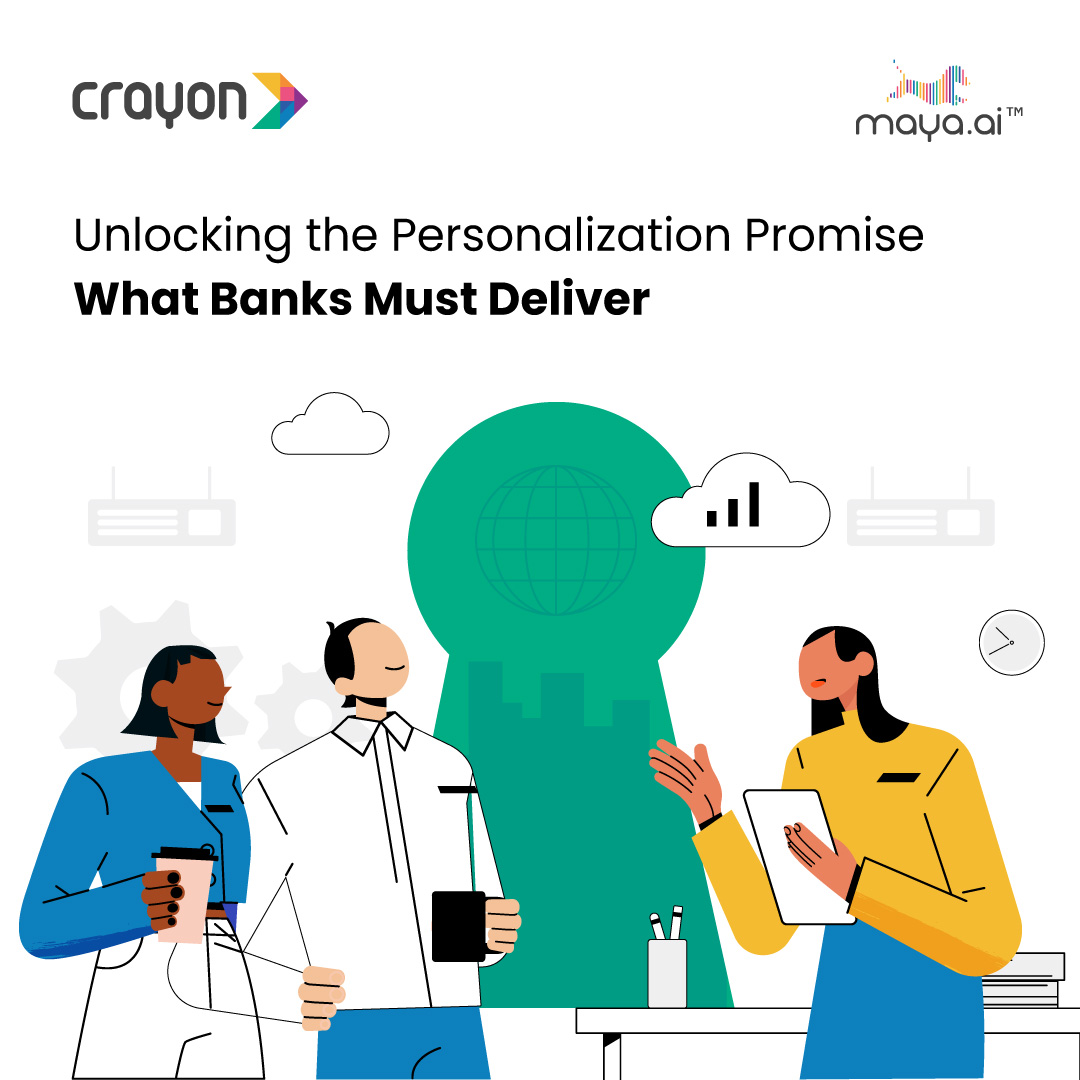

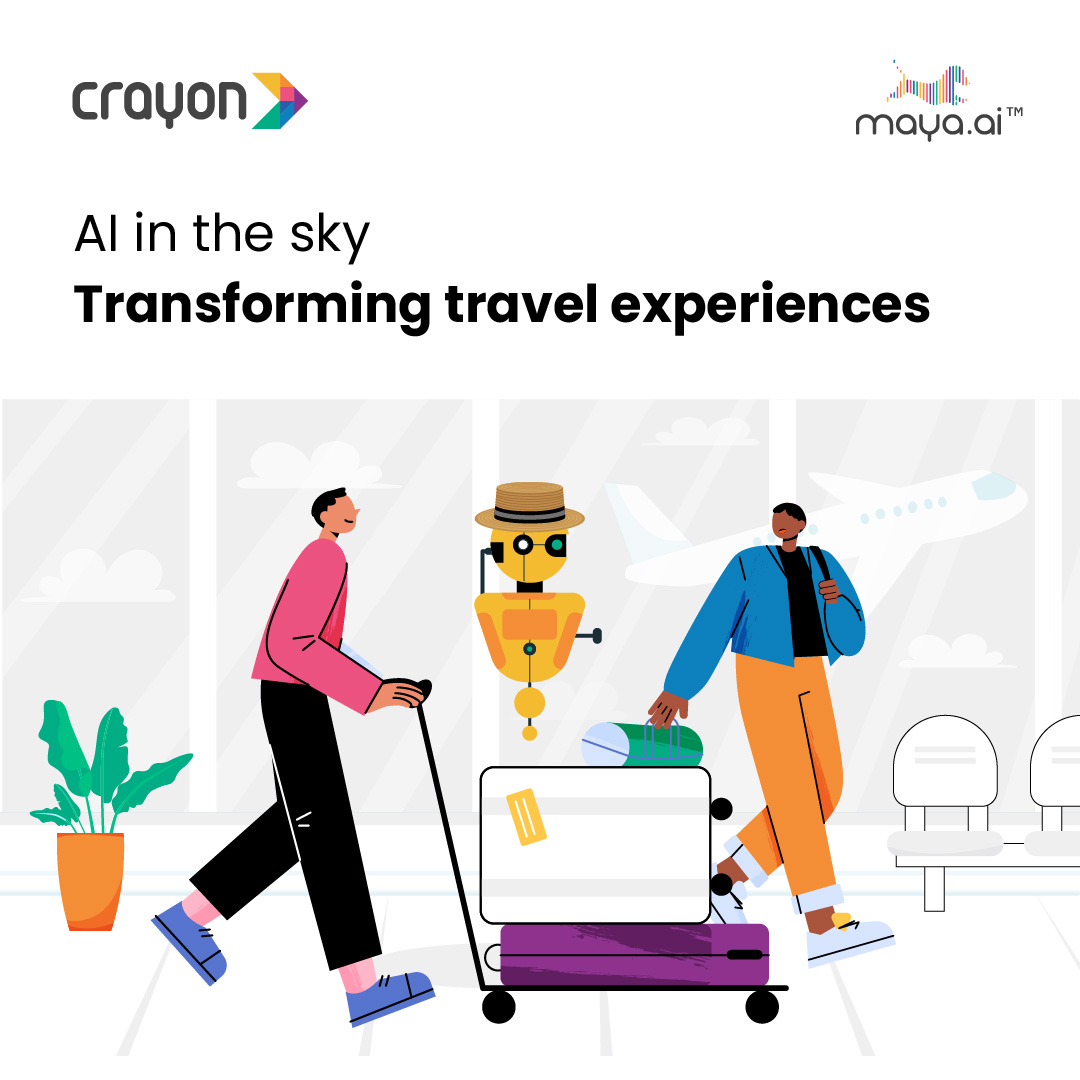
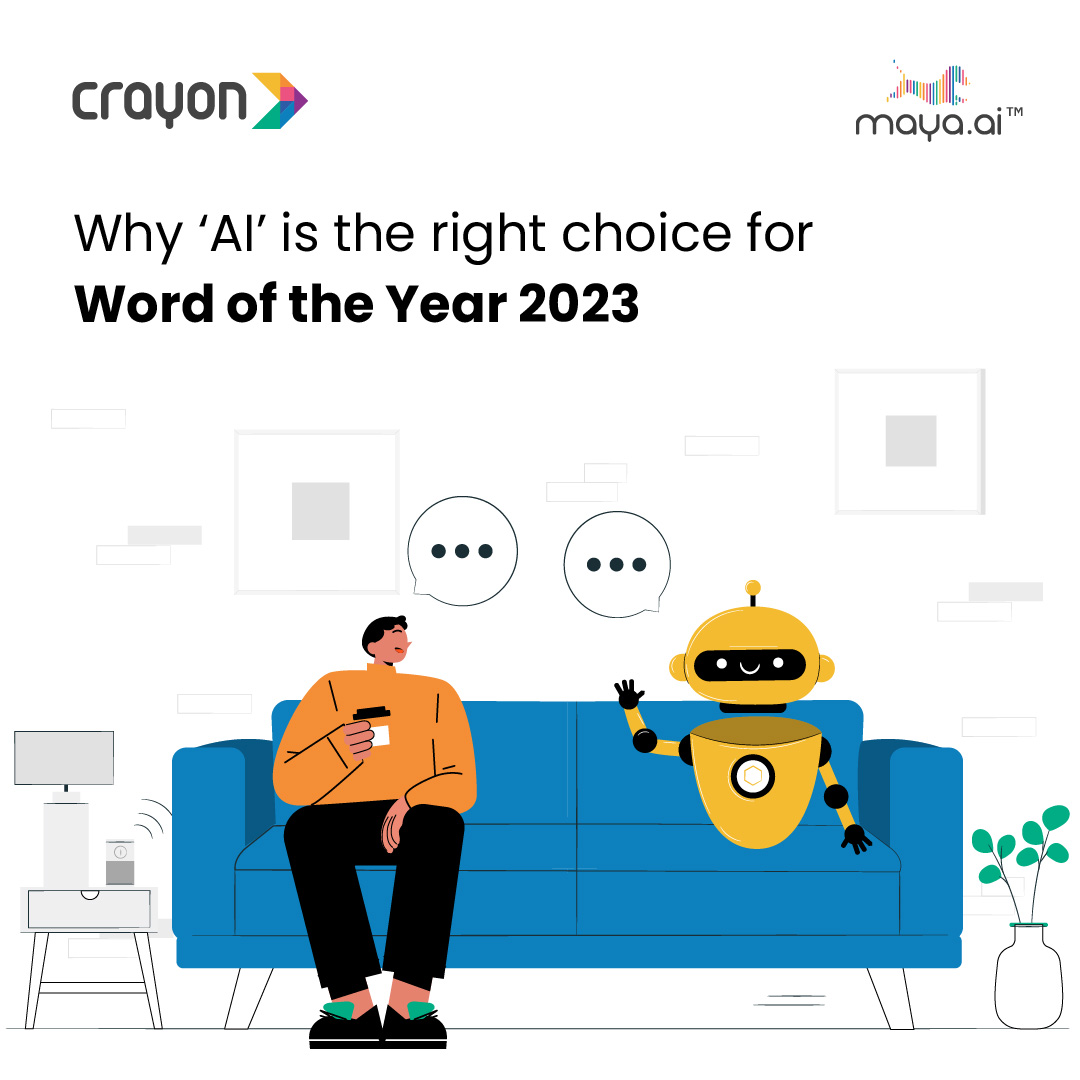
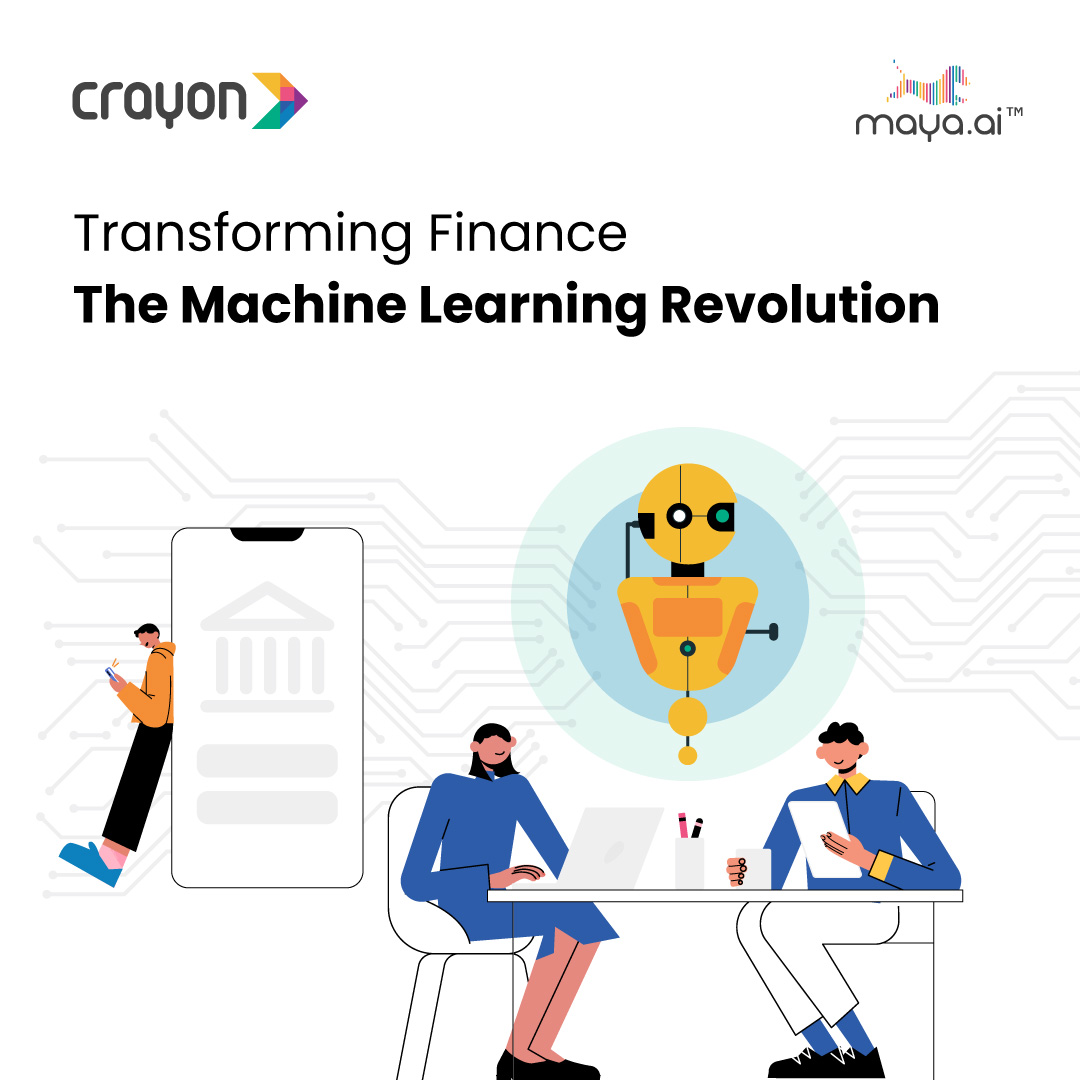
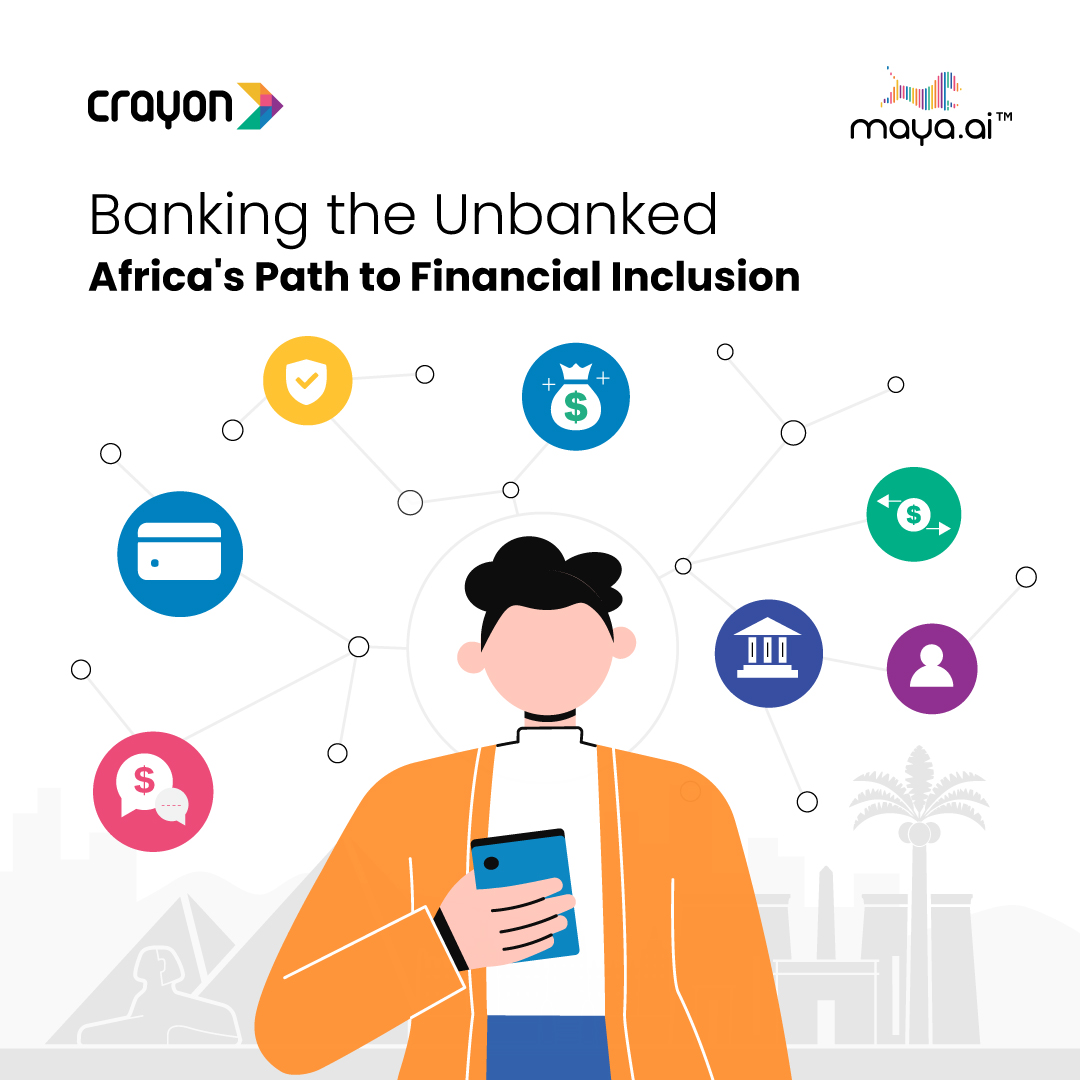

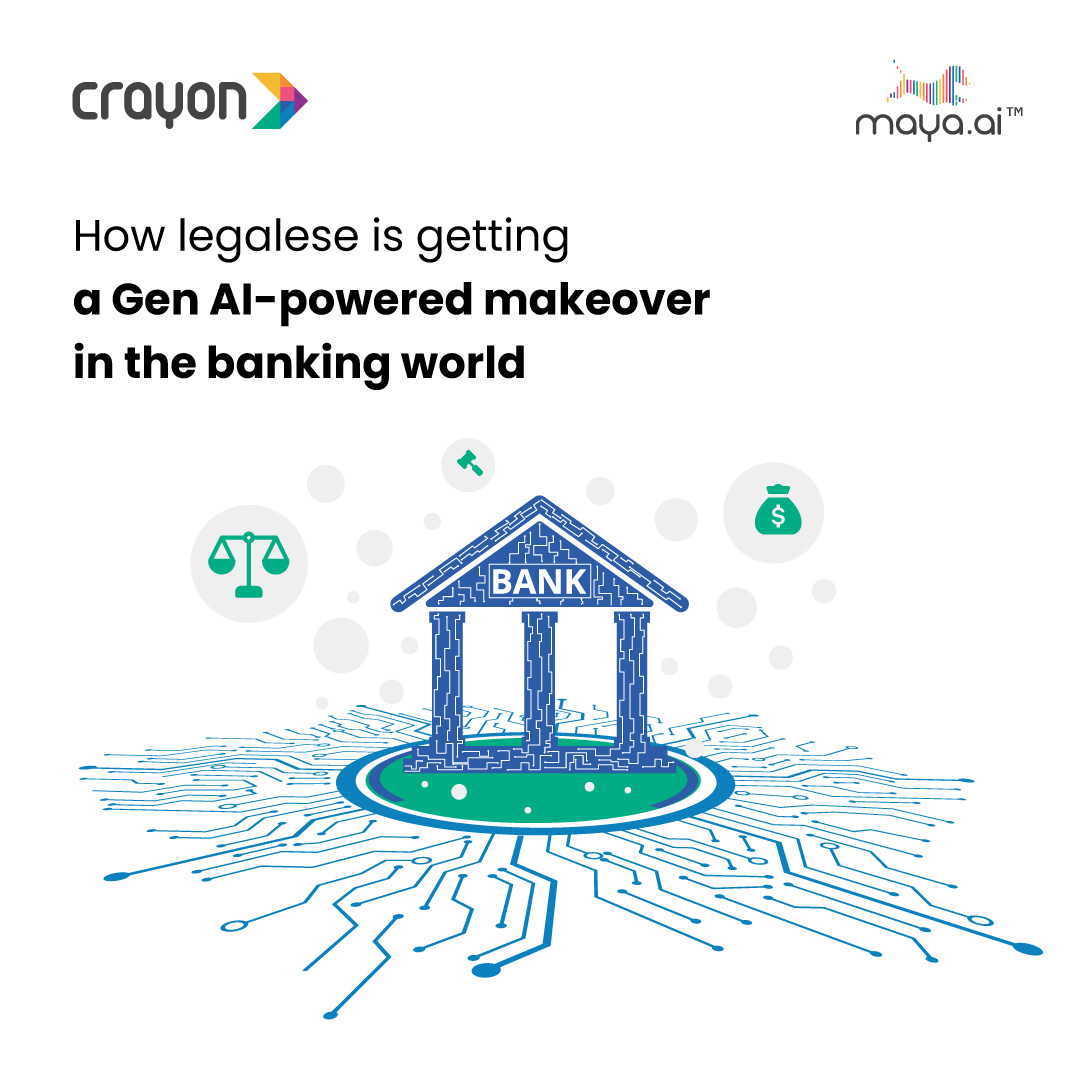

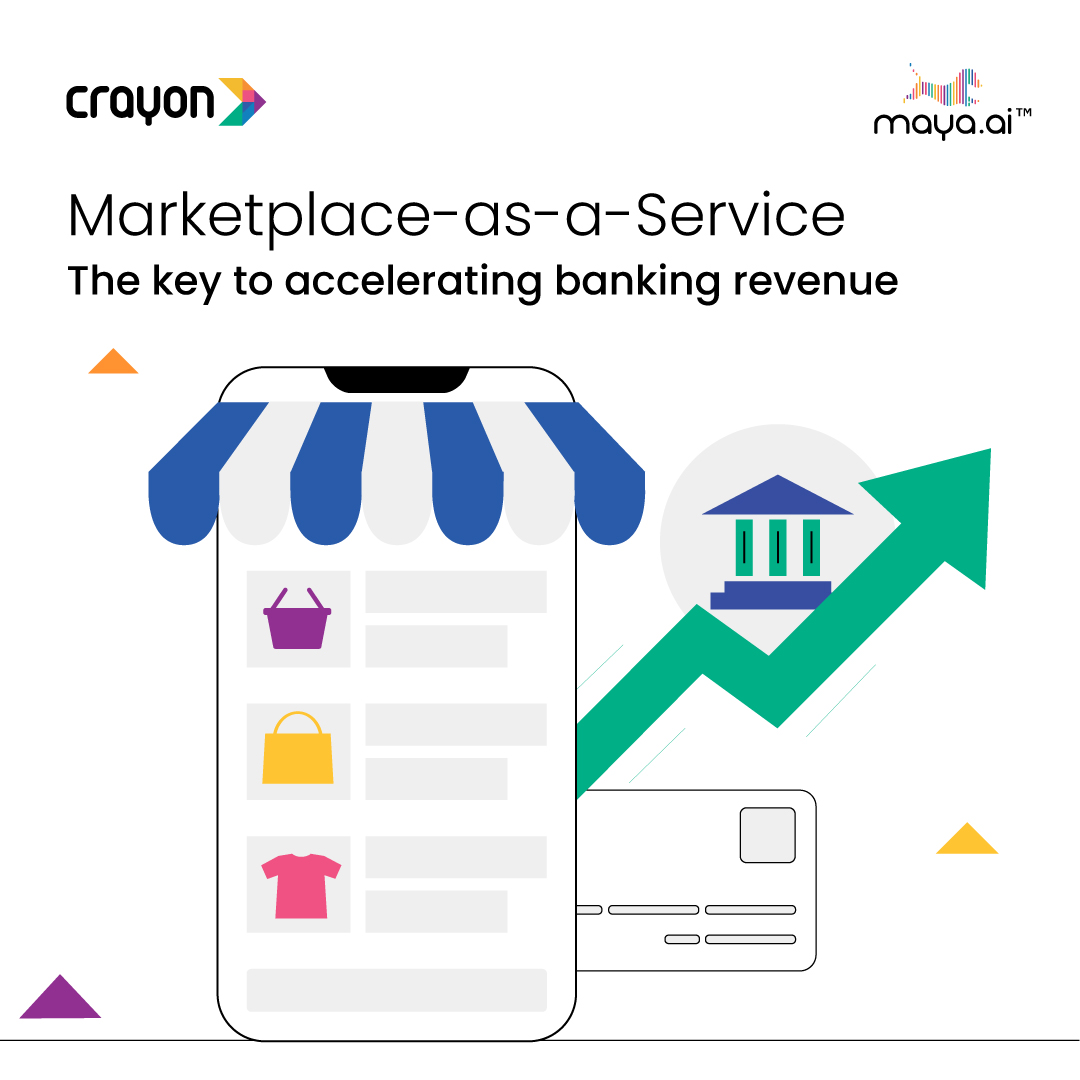
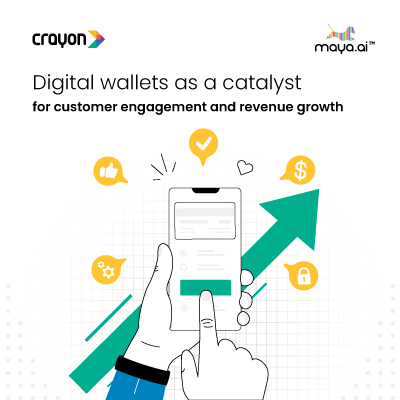

![Slaves to the Algo: an AI podcast by Suresh Shankar [Season 2]](https://crayondata.ai/wp-content/uploads/2023/08/version1uuid2953E42B-2037-40B3-B51F-4F2287986AA4modecompatiblenoloc0-1.jpeg)
